Guidelines for Preparing Lessons on Nouns, Verbs, and Adjectives for Vietnamese Language subject for Grade 5 in Vietnam
What contents are included in guidelines for preparing lessons on nouns, verbs, and adjectives for Vietnamese Language subject for grade 5 in Vietnam?
The new school year has begun on September 05, 2024. Just recently, most schools across the country have organized opening ceremonies according to Decision 2045/QD-BGDDT in 2024, issued by the Ministry of Education and Training, on the framework for the school year 2024-2025 for preschool, general education, and continuing education across the country.
Therefore, students need to prepare lessons before coming to class. The lesson on Nouns, Verbs, and Adjectives in Vietnamese Language subject is one of the first lessons that grade 5 students will learn.
Parents and students can refer to the following guide:
|
Guidance on learning Nouns, Verbs, and Adjectives in Vietnamese Language subject for Grade 5 *Nouns: Denoting concepts: tình yêu, hạnh phúc, tự do, ... *Verbs: |
*Note: The information is for reference only./.
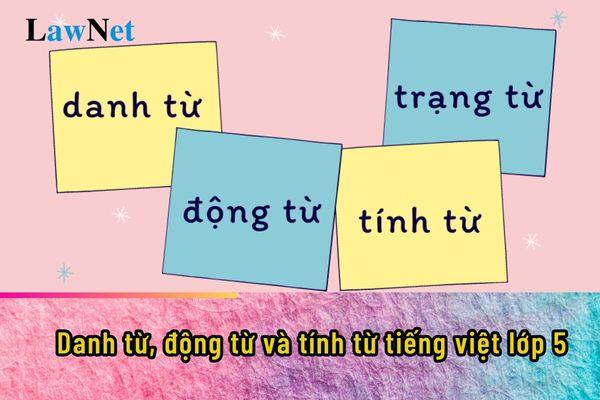
Guidelines for Preparing Lessons on Nouns, Verbs, and Adjectives for Vietnamese Language subject for Grade 5 in Vietnam (Image from the Internet)
Is Vietnamese Language for Grade 5 the same subject as Literature?
Based on Section I of the Appendix to the Literature curriculum for general education issued with Circular 32/2018/TT-BGDDT, teaching literature in Grade 5 has the following characteristics:
Literature is a subject within the field of Language and Literature education, taught from Grade 1 to Grade 12. In primary school, this subject is called Vietnamese; in lower secondary and upper secondary school, it is called Literature.
Literature is a subject with both utilitarian and aesthetic-humanistic values; it helps students with a means of communication, serving as a foundation to study all other subjects and educational activities in school. Simultaneously, it is also an important tool to educate students on the noble values of culture, literature, and the national language; fostering in students healthy emotions, humanistic sentiments, and altruistic lifestyles...
Through literary texts and the vivid artistic imagery in literary works, by engaging in reading, writing, speaking, and listening activities, the subject of Literature plays a significant role in helping students develop good qualities and core competencies to live and work effectively, to be lifelong learners.
The content of Literature is integrative, including knowledge of culture, ethics, philosophy,... related to many subjects and educational activities such as History, Geography, Arts, Civic Education, Foreign Language, Natural and Social Sciences, Experiential Activities, and Career Orientation,... Literature also closely relates to life; it helps students become more concerned with and attached to daily life, understanding and solving real-life issues.
The core content of the subject includes fundamental and essential knowledge and skills about Vietnamese and literature, meeting the requirements for students' qualities and competences at each educational level. It is divided into two phases: the basic education phase and the career orientation phase.
Basic education phase: The curriculum is designed along main strands corresponding to the skills of reading, writing, speaking, and listening. Vietnamese and literature knowledge is integrated throughout the teaching of reading, writing, speaking, and listening. The learning materials are selected and arranged in line with students' reception abilities at each grade level.
The objective of this phase is to help students master the use of Vietnamese to communicate effectively in life and perform well in other subjects and educational activities; to develop literary competence, a manifestation of aesthetic competence; and to nurture thoughts and emotions for students' mental and personal development.
Career orientation phase: The curriculum consolidates and develops the results of the basic education phase, enhancing students' language and literary competence, especially in literary text reception; strengthening the skills to create argumentative texts, and informational texts that are more complex in content and writing techniques; providing basic knowledge of literary history and literary theory that is practically useful for reading and writing about literature; continuing to foster thoughts, emotions, mental, and moral qualities to help students become responsible citizens.
Additionally, in each year, students with an orientation in social sciences and humanities can select study modules to enhance literary and linguistic knowledge, applying this knowledge practically, meeting interests, needs, and career orientations.
Thus, it can be seen that at the primary level, this subject is called Vietnamese; at the secondary and upper secondary school levels, it is called Literature.
What are regulations on building the curriculum for Vietnamese Language subject for Grade 5 in Vietnam?
Based on Section II of the Appendix to the Literature curriculum for general education issued with Circular 32/2018/TT-BGDDT, the curriculum for Vietnamese Language subject for Grade 5 in Vietnam is built as follows:
The Literature curriculum adheres to the basic principles outlined in the overall curriculum while emphasizing the following viewpoints:
[1] The curriculum is constructed based on theoretical and practical foundations, updating research achievements in education science, psychology, and Literature teaching methods; research achievements in literature and linguistics; the achievements of Vietnamese literature through periods; experience in constructing the Literature curriculum in Vietnam, especially from the early 21st century to the present, and international trends in curriculum development in general and in Literature in particular in recent years, especially the curricula of developed nations; the social, educational reality, economic conditions, and cultural traditions of Vietnam, especially the diversity of student populations in terms of regions, conditions, and learning abilities.
[2] The curriculum centers on developing communication skills (reading, writing, speaking, and listening) throughout the three educational levels to meet the requirements of the competency-oriented curriculum while ensuring coherence and consistency across all levels and classes.
The general knowledge, fundamentals of Vietnamese and literature are formed through the activities of text reception and creation, directly serving the development of reading, writing, speaking, and listening skills.
[3] The curriculum is open-ended, meaning it does not specify the detailed content of teaching but only stipulates the required achievements in reading, writing, speaking, and listening for each grade; it outlines basic and essential knowledge about Vietnamese, literature, and several key literary texts fundamental to the nation's literature compulsory for all students nationwide.
[4] The curriculum both meets the innovation requirements and focuses on inheriting and promoting the strengths of previous Literature curricula, especially the current curriculum.
DOWNLOAD the Literature curriculum for general education issued alongside Circular 32/2018/TT-BGDDT.
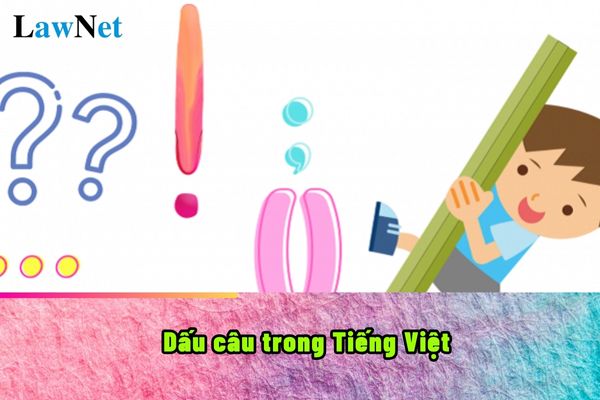
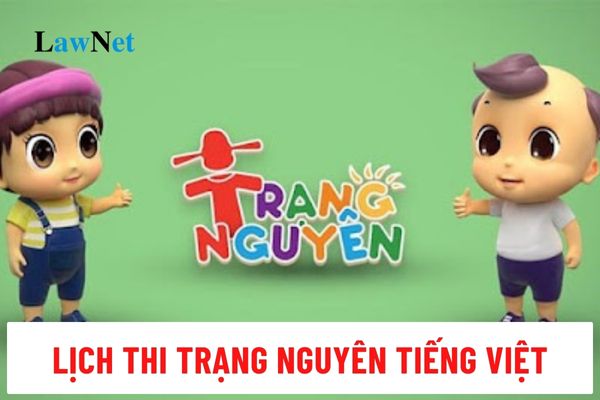
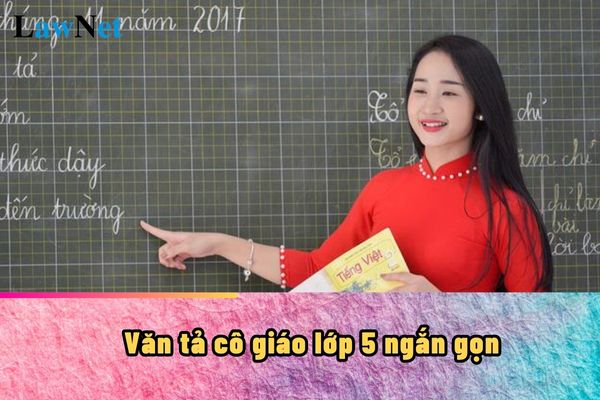
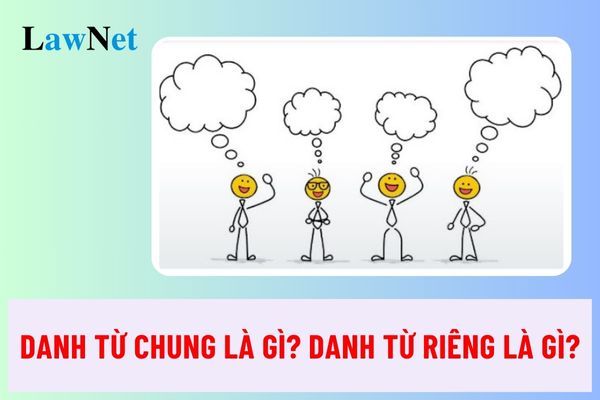
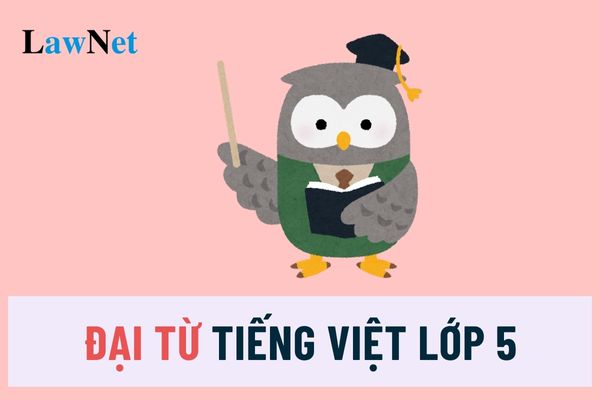
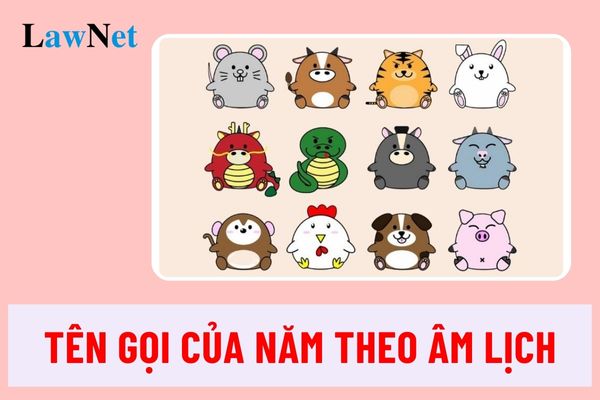
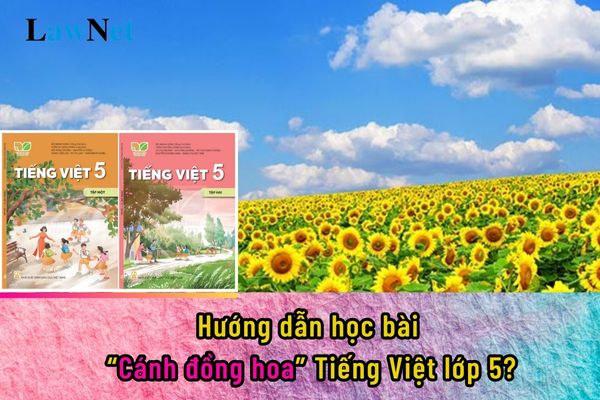

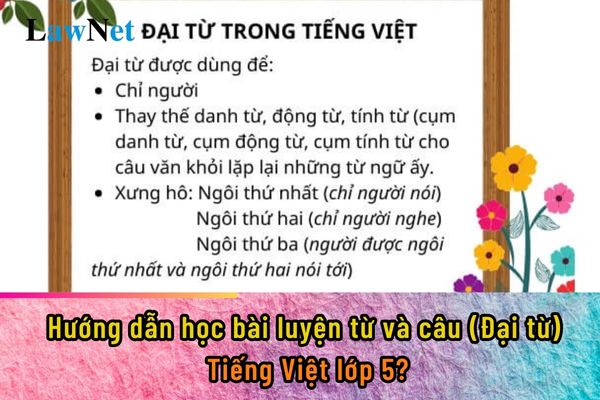
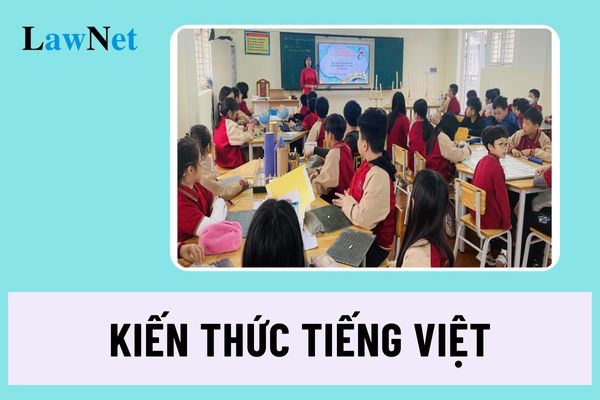
- Vietnam: What are the guidelines for preparing the research report on a folk literature matter? What are the regulations on the duration of the Literature curricula?
- What is the periodical job reassignment period in Vietnam according to Circular 19?
- Vietnam: What are the guidelines for preparing the outline for an essay on retelling a social activity for 8th-grade students? What are the 05 basic duties of 8th-grade students?
- What are the objectives of Ho Chi Minh's Thought curriculum for non-specialized students in Vietnam?
- Vietnam: What are the guidelines for comparison of the imagery of the bowl of onion porridge in the work "Chí Phèo" and the bran porridge in the work "Vợ nhặt"? What are the 03 academic topics in the 12th-grade Literature curriculum?
- According to Circular 12, what are the 02 cases of suspension of enrollment for a training program at a higher education institution in Vietnam?
- Vietnam: What are the 08 general tasks on national defense and security education for the 2024-2025 academic year?
- Vietnam: What are the sample harvest reports on the regular retraining module 3 for preschool teachers? What are the duties of a preschool teacher?
- Vietnam: What are the eligibility requirements for offering a doctoral program from January 5, 2025?
- What is the complete set of multiple-choice questions on Marxism-Leninism and answers? What are the objectives of higher education in Vietnam?

